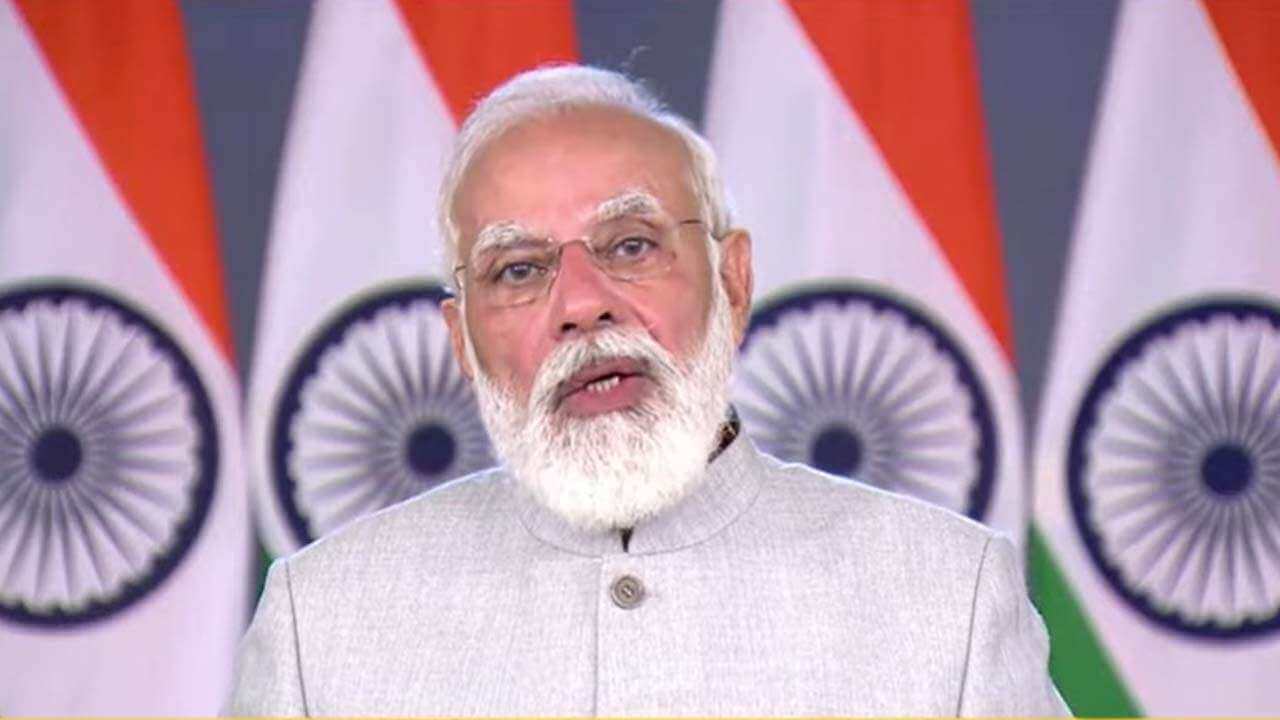On Thursday, Indian Prime Minister (PM) Narendra Modi called on all democratic countries to cooperate on regulating cryptocurrency and discussed India’s transition to a digital economy. Australian PM Scott Morrison preceded Modi’s address at The Sydney Dialogue, an initiative by the Australian Strategic Policy Institute to discuss the fallout of the digital domain on the law and order situation worldwide. The event was held from November 17 to 19.
During his keynote address, Modi called India a leader in the digital revolution and expressed his willingness to work with allies for shared prosperity and security. He said, “India’s digital revolution is rooted in our democracy, our demography and the scale of our economy. It’s powered by enterprise and innovation of our youth.” He added that technological advancements are reshaping international order, power, and leadership and ushering in a new era of opportunities for peace and prosperity. However, he warned nations of the threat advancing technology poses to several sectors, including cyberspace.
The PM highlighted how India is turning the challenges of the past into opportunities for the future and laid down five important digital transitions taking place in the country while speaking on the theme of “India’s technology evolution and revolution.”
For the first transition, Modi referred to the extensive public information infrastructure India has in place, with over 1.3 billion people possessing a unique digital identity. He also celebrated how 600,0000 villages are now connected via broadband and spoke glowingly of India’s efficient payment infrastructure, the UPI. Modi said, “We’re one of the largest consumers of data per capita and have one of the cheapest data [rates] in the world.”
For the second transition, Modi said India is transforming people’s lives by using digital technology for governance, connectivity, inclusion, empowerment, and delivery of benefits and welfare. In particular, he highlighted banking and digital payment revolutions, and the use of technology to deliver 1.1 billion doses of COVID-19 vaccines across the country via the Arogya Setu app and COWIN platform. He added that India is also building a ‘National Health Mission’ to ensure affordable and universal healthcare for all people.
For the third transition, he talked about how India has the third-largest and fastest-growing startup ecosystem. “New unicorns are coming up every few weeks to provide solutions to everything from health to education to national security,” the PM said.
The fourth transition focuses on India’s industry, agriculture, and service sectors undergoing massive digital transformation. The PM said India uses digital technology for the clean energy transition to convert resources and protect biodiversity.
Speaking of the fifth and final transition, Modi said, “We are investing in developing indigenous capability in telecom technology such as 5G and 6G; India is one of the leading nations in artificial intelligence and machine learning, especially human-centred and ethical use of artificial intelligence.” “We are developing strong capability in cloud platforms and cloud computing,” he added.
Furthermore, talking about cryptocurrency like Bitcoin, he said, “It is important that all democratic nations work together on this and ensure it does not end up in the wrong hands, which can spoil our youth.”
Modi also highlighted the impact of the digital age and how the world is rapidly changing in terms of scientific development and innovation, with technology and data becoming the new weapons. “But we also face new risks and new forms of conflict across diverse threats, from sea-bed to cyber to space. Technology has already become a major instrument of global competition and key to shaping the future international order,” he noted.
PM Modi Asserts Need to Prevent Misuse of Cryptocurrency at Sydney Dialogue
Indian Prime Minister Narendra Modi highlighted India’s digital transformation and urged democratic countries to cooperate on ensuring that cryptocurrency doesn’t fall into the wrong hands.
November 19, 2021

Indian PM Narendra Modi IMAGE SOURCE: DNA INDIA
